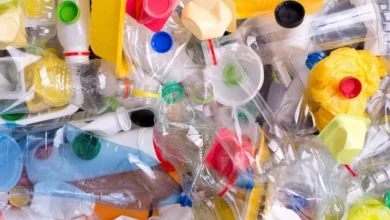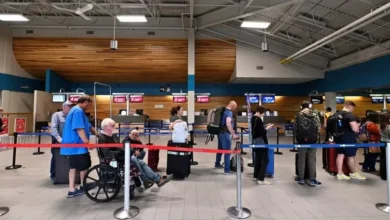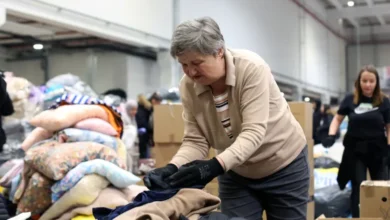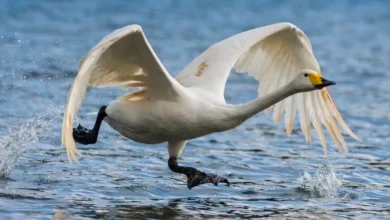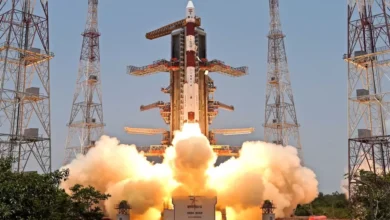Robot arm would grab defunct British satellite from orbit
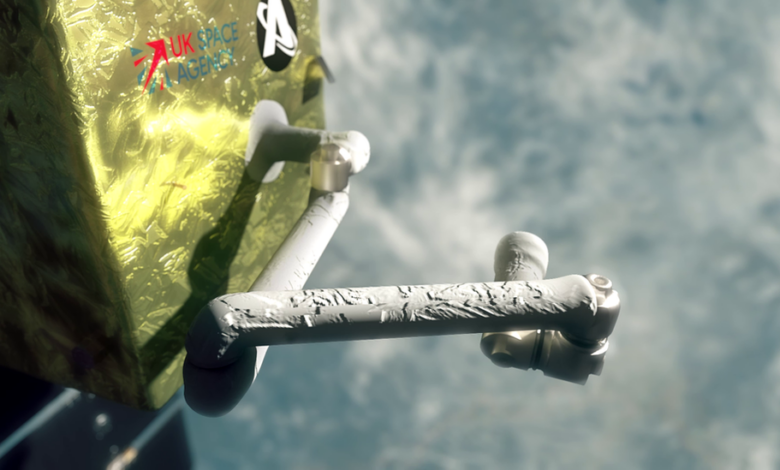
The Astroscale-UK company has unveiled its concept to remove a defunct British satellite from orbit.
The Oxfordshire-based company wants to send up a sophisticated robot arm to grab hold of the dead hardware.
This junk would then be sent downwards to burn up in the atmosphere.
The UK government is running a competition to find the best solution to clear up historic debris. The winner will run demonstrate its technology in late 2026 or early 2027.
The UK Space Agency is also looking at plans being developed by ClearSpace. This Swiss company, too, has a UK subsidiary that has received R&D funds from the agency.
There’s an ever-increasing amount of garbage in orbit – everything from old rocket segments to accidentally dropped astronaut tools, and even flecks of paint.
And with thousands of satellites due to be launched in the next few years, there’s a fear that without active clean-up services, some parts of the sky could soon become unusable because of collisions.
Astroscale is a Japanese company with a major division based at the Harwell science and space campus.
This British team has released details of its so-called Cosmic mission, which is its entry to the government contest.
Cosmic stands for Cleaning Outer Space Mission through Innovative Capture.
It would see a 600-700kg spacecraft launch to orbit to chase down and grab hold of a long obsolete satellite that is now wandering through space uncommanded.
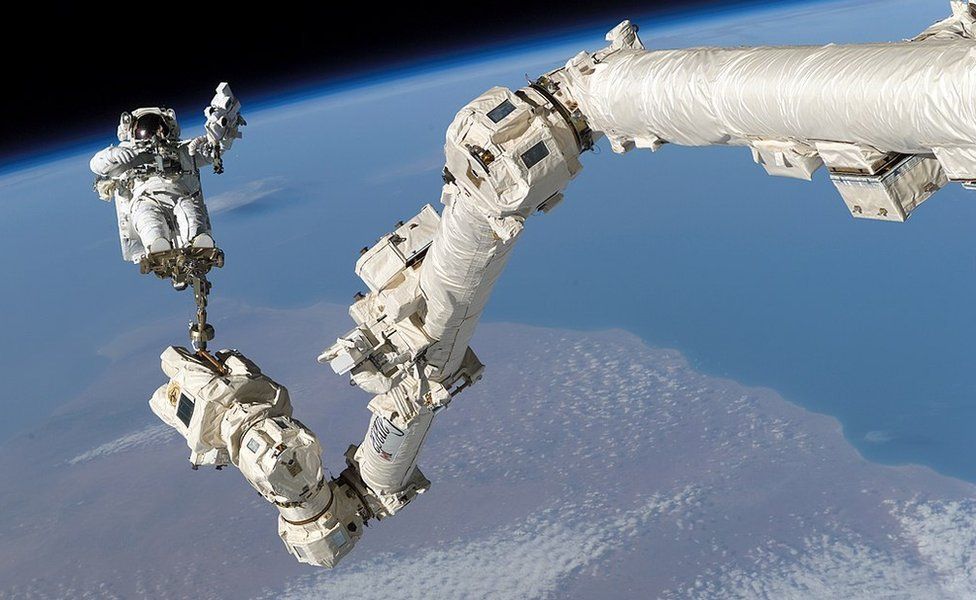
The idea is for a robot arm to reach out and lock on to the target to bring it under control.
This is by no means easy, as this target is likely to be turning over and over.
“One of the enabling technologies here is rendezvous and proximity operations. That’s the really hard stuff, to get close to a vehicle, safely tumble with it, match its turn rate, and then dock safely with it so that you don’t create more debris,” explained Nick Shave, the managing director of Astroscale UK.
“I think we’ve got a really strong capability on this. If we can prove that further, more than what we’ve done to date, then I think we will really start to open up a market for debris removal,” he told BBC News.
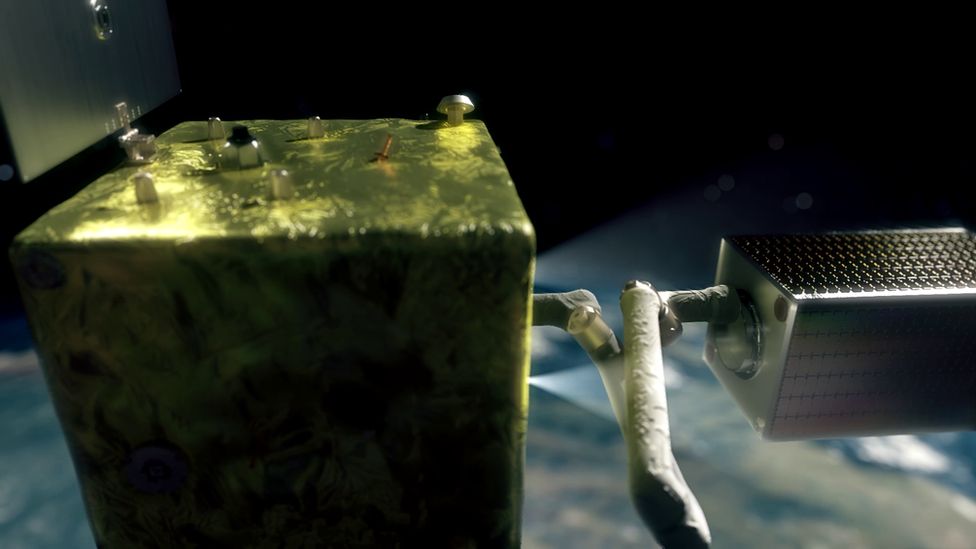
The arm is to be supplied by the UK branch of the Canadian company MDA, which is famous for its Canadarm2, the robot arm that’s involved in all of the major maintenance tasks on the outside of the International Space Station.
The Cosmic mission is at the preliminary design review stage.
In its rival plan, ClearSpace has a tentacle-like arrangement that would do the capture.
Officials are likely to choose between the two competitors’ concepts in about a year’s time.
The hope is that the winning mission could even be launched from the UK, from one of the rocket ports now under construction in Scotland.
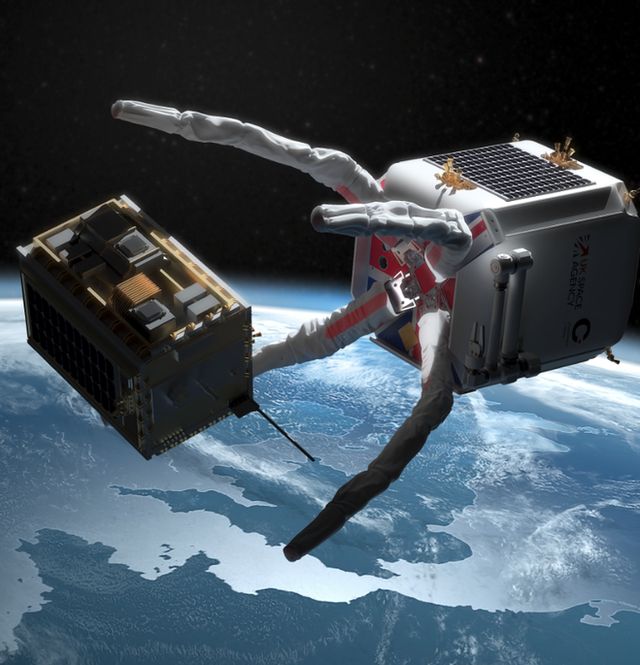
Whoever come out on top between Astroscale and ClearSpace, the intention is that both companies will have benefited sufficiently from the effort to cement an early foothold in what’s likely to be a burgeoning market in the coming decade.
“I think if we can steal a march. We can put UK industry in a very, very strong position,” said Ray Fielding, who’s overseeing matters at the UK Space Agency.
“Depending on what reports you give weight and credence to, there’s going to be an estimated 30,000 to 50,000 satellites in orbit by 2030, which is only seven years away. Some of those satellites will be lost and they will need removal.”
Because the satellite broadband company OneWeb is based in the UK, Britain is now responsible for more active spacecraft in orbit than any nation other than the US.
OneWeb is flying just over 540 satellites currently with more set to follow this week.
The defunct targets for the competition have not been chosen yet.

